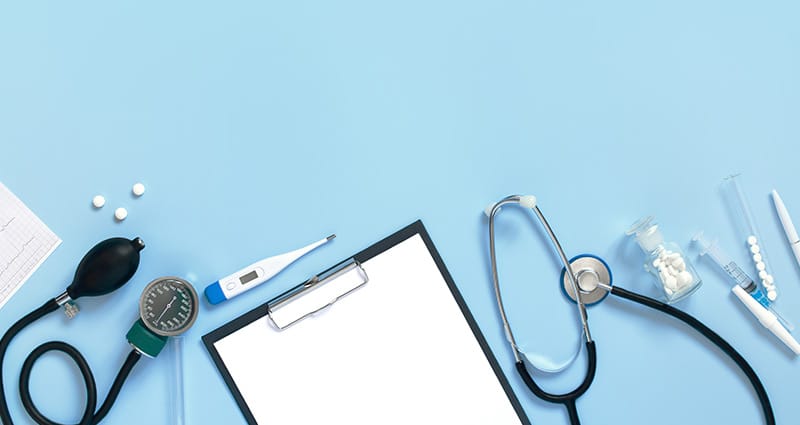Do you currently have a primary care provider (PCP)? A doctor who knows your medical history and who you can call when the flu strikes or you come in contact with poison ivy?
Your primary care doctor is not just someone to call when you’re not feeling your best. Instead, they serve as the gatekeeper of your health; someone who can not only get you feeling better, but help you stay healthier, longer.
Why should you have a PCP?
A PCP helps you navigate through the healthcare jungle. They can help you understand your health and health concerns, as well as screen for blood pressure issues, high cholesterol and even depression. Your PCP is someone who understands your health history, and can help control chronic illnesses and monitor for new problems.
How often should you see your PCP?
In order to best manage your health, all patients should be seen at least once a year, but did you know that some diagnoses call for more frequent visits?
Controlled Hypertension
Every 6 months*
Controlled Diabetes Hemoglobin A1C 7mg/dl < 7
Every 3-6 months*
Diabetes Hemoglobin A1C 7mg/dl > 7
Every 3 months*
High cholesterol
Every 12 months*
Peripheral vascular disease
Every 6 months*
Coronary artery disease
Every 6 months*
Chronic kidney disease
Every 6 months*
COPD/Asthma
Every 6 months*
*Suggestions are only estimates.
What screenings can a PCP provide?
Your PCP can screen for many health concerns and help you understand those results. Some screenings include:
- Arthritis
- Asthma
- Blood pressure
- Cancer screening measures
- Cholesterol Asthma
- COPD
- Depression
- Diabetes
- Immunization updates
What should patients expect from a PCP appointment?
Once you’ve secured a new PCP, what should you expect? At your first appointment with a new PCP, your physician will usually perform a full physical exam and discuss your complete medical history.
For men, a physical exam usually includes:
- Height, weight, blood pressure, pulse and temperature measurement
- General examination of eyes, ears, throat, lymph nodes, lungs, heart, abdomen, liver, spleen and neurologic function
- For men under 40, a hernia check and testicular exam
- For men over 40, a rectal exam
For women, a physical exam usually includes:
- Height, weight, blood pressure, pulse and temperature measurement
- General examination of eyes, ears, throat, lymph nodes, lungs, heart, abdomen, liver, spleen and neurologic function
Most importantly, your PCP should always provide time to talk and answer your questions.
It’s never too late to establish a new PCP and we are here to help.




